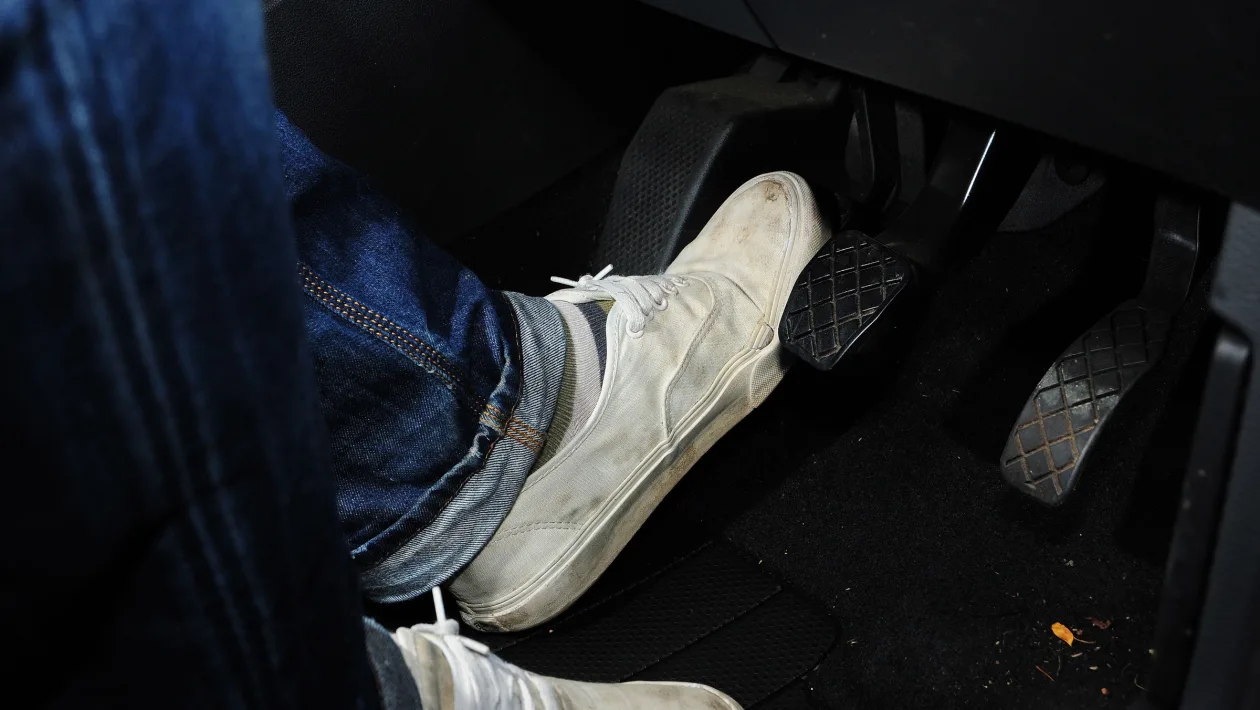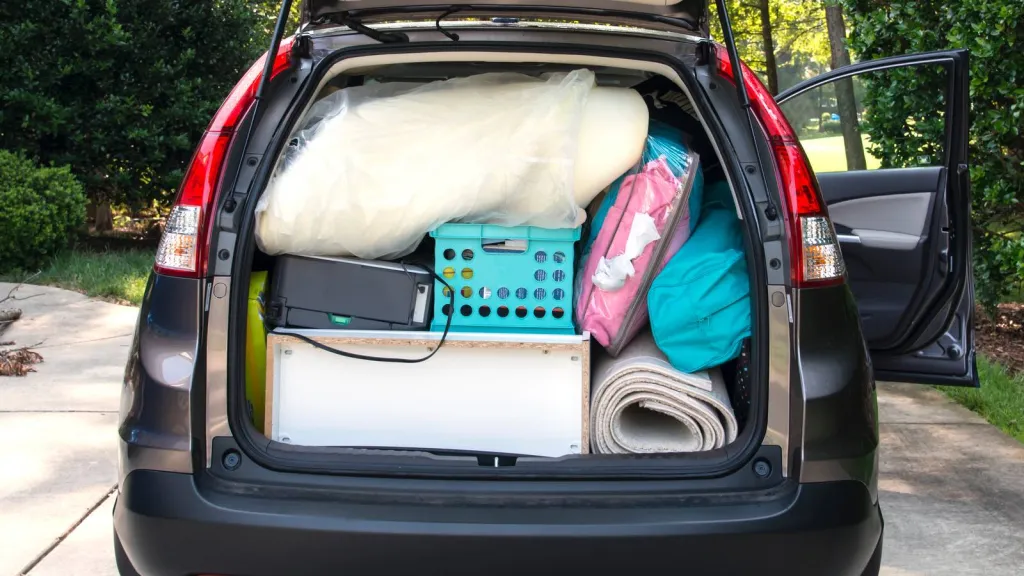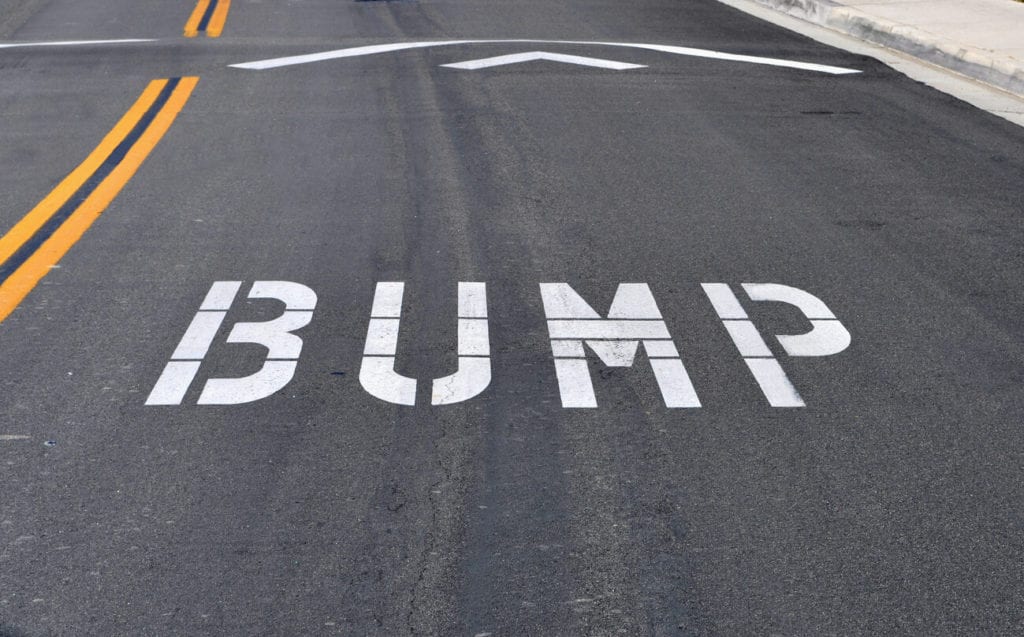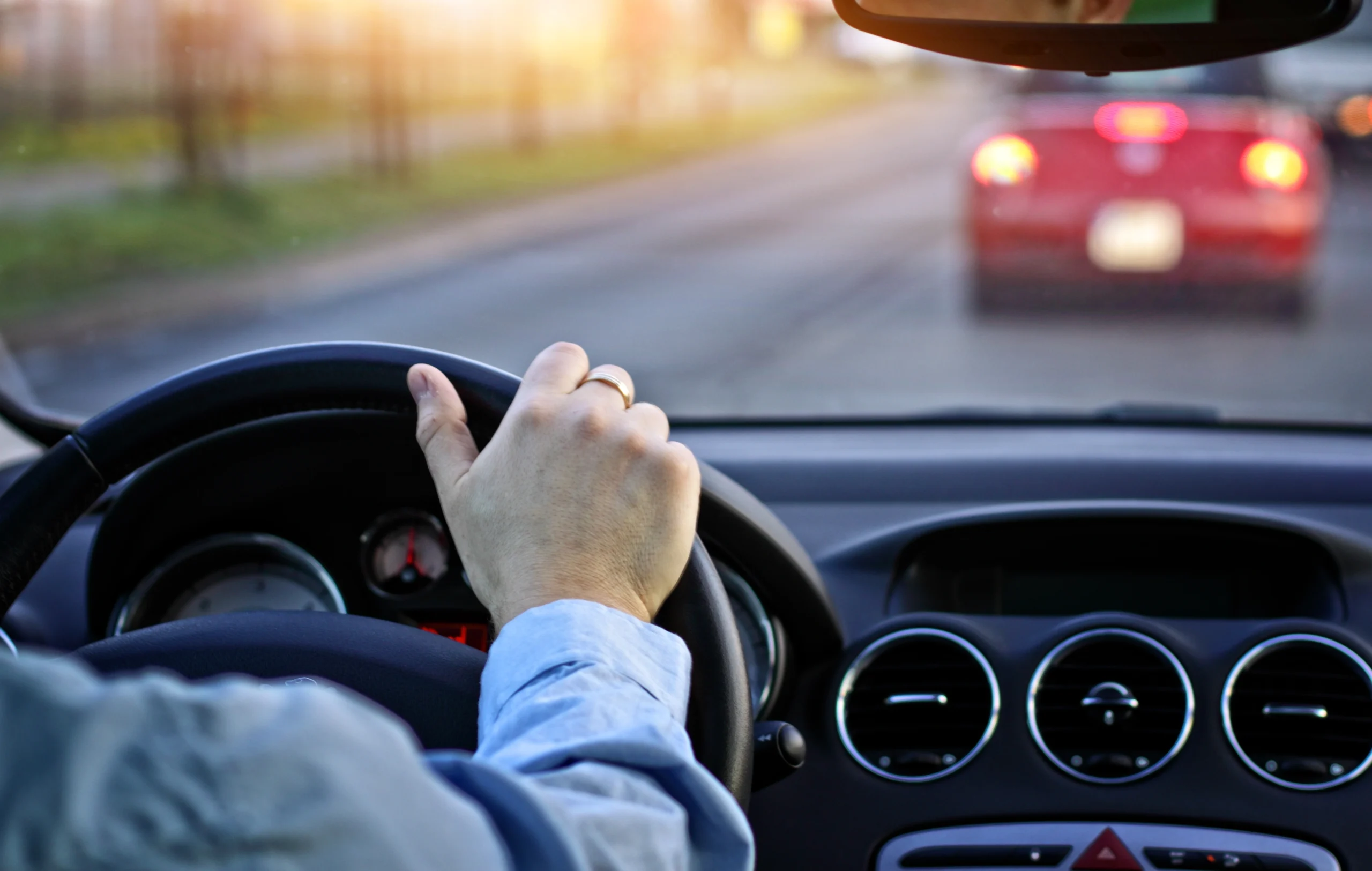Driving habits can have a significant impact on your car’s longevity and performance. Many drivers unknowingly adopt practices that, over time, cause unnecessary wear and tear on their vehicles, resulting in costly repairs. It’s essential to recognize these habits and make adjustments to prevent potential damage. Below are five everyday driving habits that could secretly be damaging your car, and why it’s crucial to avoid them.
1. Clutch Riding: A Silent Cause of Expensive Repairs
One of the most common driving mistakes, especially for new drivers, is riding the clutch. This habit involves keeping your foot partially on the clutch pedal, even when not shifting gears, which leads to excessive wear on the clutch components. Over time, this unnecessary strain can result in costly repairs or even complete clutch failure. To prevent this, always ensure that your foot is off the clutch pedal after changing gears, allowing it to fully disengage.

2. The Hidden Danger of Resting Your Hand on the Gearstick
Resting your hand on the gearstick while driving is a seemingly innocent habit, but it can cause significant damage to your car’s transmission system. By constantly applying pressure to the gear lever, you place stress on the gearbox’s selector fork. This can lead to premature wear, potentially resulting in transmission issues. To prevent this, avoid resting your hand on the gearstick and instead place your arm on the armrest when not shifting gears.
3. Why Overloading Your Vehicle Can Lead to Costly Issues
Although most cars are designed to carry a reasonable amount of weight, overloading your vehicle with heavy objects can cause lasting damage. When you pack your car too heavily, you put additional strain on crucial components like the suspension, brakes, and drivetrain. This can lead to expensive repairs and reduced fuel efficiency. Always check your car’s owner manual for the maximum load capacity and be mindful of the weight you carry, especially when moving or going on holiday.

4. The Consequences of Ignoring Warning Lights on Your Dashboard
Ignoring warning lights on your car’s dashboard is a dangerous habit that can lead to major issues if left unchecked. These lights often signal problems with essential components like the engine, transmission, or brakes. If you continue driving without addressing the issue, you risk worsening the damage, leading to more costly repairs. Pay attention to your vehicle’s warning lights, and if you’re unsure what they mean, refer to your car’s owner’s manual for guidance.
5. Speeding Over Road Bumps and Potholes: A Recipe for Damage
Northern Ireland’s roads, unfortunately, are riddled with potholes and bumps that can cause severe damage to your car. Speeding over these obstacles increases the risk of damaging your suspension, wheels, and alignment. While driving, always reduce your speed when approaching speed bumps or potholes to minimize the risk of harm to your car. Taking a cautious approach can help protect your vehicle’s underside and prevent costly suspension repairs.

By adopting more mindful driving habits, you can avoid putting unnecessary strain on your car. Simple changes, like not resting your hand on the gearstick or overloading your vehicle, can make a significant difference in your car’s longevity. Being aware of these habits will help you maintain your vehicle’s performance and avoid expensive repairs in the long run.

